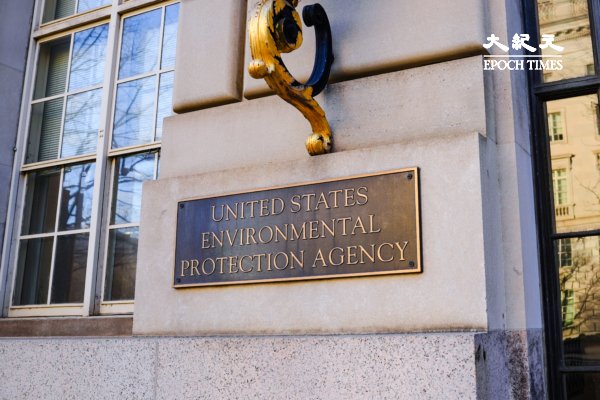According to new regulations set to be finalized by the Biden administration, oil and gas companies will for the first time be required to pay federal fees if they emit hazardous methane above a certain level.
This regulation by the Environmental Protection Agency (EPA) is based on a congressional directive included in the 2022 climate law. The new fees aim to incentivize industries to adopt best practices to reduce methane emissions – a major component of natural gas – in order to avoid paying the fees.
Methane is considered a climate “super pollutant,” with its short-term impact on climate far exceeding that of carbon dioxide, accounting for about one-third of greenhouse gas emissions. The oil and gas industry is the largest source of methane emissions in the U.S., and advocates argue that reducing methane emissions is a key way to mitigate climate change.
This regulation is set to be announced at an international climate conference in Azerbaijan on Tuesday, November 12th. Just hours before, President-elect Donald Trump appointed former New York Congressman Lee Zeldin to lead the agency within his second term. If approved by the Senate, Zeldin is expected to work on rolling back or relaxing dozens of environmental regulations approved during President Biden’s tenure, assisting Trump in establishing America’s “energy dominance” on the global stage.
Trump has vowed to loosen regulations on the oil and gas industry, with methane fees likely being a target for his actions.
As outlined by the EPA, excess methane generated in 2024 could result in charges of $900 per ton, increasing to $1200 per ton in 2025 and $1500 per ton in 2026. Industry groups may challenge this fee regulation as well as other retrospective fee practices.
Once published in the Federal Register, which contains U.S. federal government agency rules, proposed rules, and notices, the rule will not become final until early next year.
EPA Administrator Michael Regan stated in a release that this rule will work in conjunction with new methane emission regulations implemented by the EPA this year.
Regan mentioned that the Waste Emissions Charge will encourage early adoption of existing technology to reduce methane and other harmful air pollutants. He emphasized that this fee is the latest measure under President Biden’s methane strategy, aiming to enhance efficiency in the oil and gas industry, support American employment, protect clean air, and strengthen America’s leadership on the global stage.
Industrial groups and states led by Republicans have previously challenged methane emission rules in court, but these challenges have been unsuccessful. The Supreme Court rejected their requests to halt the regulation from taking effect, and the case is currently being heard in lower courts.
Critics argue that the EPA is overreaching in setting new regulations and establishing unattainable standards, but the EPA asserts that these rules fall within its legal responsibilities and will protect the public.
Regan and other officials suggest that many large oil and gas companies have already met or surpassed the methane emission standards set by Congress in the climate law, making it less likely for them to be burdened with additional fees.
The EPA estimates that by 2035, this regulation will cumulatively decrease methane emissions by 1.2 million metric tons (equivalent to 34 million metric tons of carbon dioxide). The agency claims that this figure is comparable to the clean air benefits of keeping nearly 8 million natural gas-powered cars off the road for a year, with cumulative climate benefits potentially reaching $2 billion.
Similar to previous methane emission regulations, the new fees are expected to face legal challenges from industry groups. The American Petroleum Institute (API), the largest lobbying group for the oil and gas industry, has deemed the proposed fees as “punitive tax hikes” that will “harm America’s energy advantage.”
API anticipates collaborating with Congress to abolish what they describe as “unreasonable new taxes imposed on America’s energy industry.”
Environmental organizations welcome the upcoming methane fees, stating that oil and gas companies should be held accountable for pollution contributing to global warming. They argue that oil and gas companies often find it cheaper to waste methane through techniques like combustion, rather than implementing necessary upgrades to prevent leaks.
The EPA projects that as oil and gas companies comply with regulations over time and reduce emissions, the number of companies being charged for excess methane emissions is expected to decrease.
(*This article references reporting by the Associated Press)

